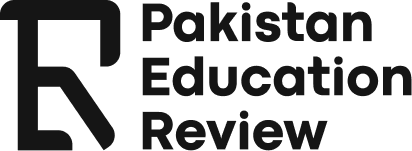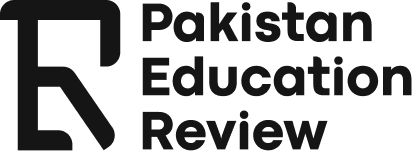In Pakistan’s rapidly evolving job market, fresh graduates and professionals can now comprehend that the traditional emphasis on academic credentials and technical proficiency are not the only factors in securing jobs and attaining success in their careers. As the competition grows more dynamic and demanding, soft skills become a crucial component of employability and are becoming increasingly significant. This article delves into this paradigm shift and explores the multifaceted importance of soft skills in the contemporary professional landscape.

Understanding Soft Skills
Soft skills encompass a range of interpersonal attributes that facilitate effective communication, collaboration, and problem-solving. These skills, including communication, teamwork, problem-solving, time management, adaptability, and leadership, are not typically taught in formal education settings in Pakistan. However, they are honed through personal experiences and continuous learning.
In the job market, soft skills are particularly pivotal in professions that require teamwork and effective communication, such as customer service or management roles. Employers now prioritize candidates with the necessary technical skills and strong soft skills. These skills enable individuals to navigate dynamic work environments, adapt to changing circumstances, and creatively solve problems.
Insights from Economist Impact's Survey:
A survey conducted by Economist Impact, supported by Google, sheds light on the skills landscape in Pakistan. Digital skills emerge as a top priority for employees, aligning with the country’s booming IT sector and a rapidly growing freelancer market. The research underscores the importance of basic digital skills; highlighting the demand for skills such as data analysis, digital marketing, and IT support.

Research also reveals that employees in Pakistan highly value soft skills, with self-management and adaptability being key priorities. The correlation between digital proficiency and the augmentation of soft skills is evident as employees have expressed how their digital competencies bolster confidence and communication abilities while strengthening their analytical and critical thinking skills.
Despite the pressing need to gain knowledge about soft skills, formidable challenges persist in acquiring these capabilities. These hurdles include time constraints and a workplace environment that may not foster a culture of continuous learning. Moreover, the survey highlights a significant mismatch between the provided curriculum in the country’s educational institutions and the evolving demands of industries, underscoring the imperative for enhanced collaboration between academic institutions and employers.
Developing Soft Skills
It is significant to note that individuals in Pakistan are keenly acknowledging the significance of soft skills and are proactively exploring avenues to enhance their employability. In a similar vein, the government’s “Digital Pakistan” roadmap is strategically positioned to tackle the digital disparity through dedicated efforts in upskilling and reskilling initiatives, thus bridging the gap in soft skills and empowering individuals for success in the digital age.
Here are some more effective strategies to further bridge the gap:
Practical Integration in Educational Institutions:
The government must advocate for integrating soft skills development within the curriculum of schools, colleges, and universities. This approach ensures that students are exposed to real-world experiences where soft skills can be applied and refined, laying a robust foundation for their future careers.

- Peer-Mentoring Initiatives: Establish peer-mentoring programs within educational institutions, encouraging senior students to guide their juniors in developing soft skills. This creates a supportive learning community and teaches the importance of mentorship in the overall professional journey.
- Training Programs: Leverage training and development programs offered by various organizations. These programs focus on enhancing soft skills and contributing to improved job performance.
- Continuous Professional Development: Encourage ongoing professional development among educators and professionals alike. This involves staying updated on the evolving landscape of soft skills requirements and incorporating innovative teaching methodologies to instill these skills effectively.
- Community Service Programs: Integrate community service projects into the educational framework. Collaborative initiatives such as volunteering or social outreach programs nurture empathy, teamwork, and effective communication.
Investing in the Future
The evolving job market in Pakistan demands a holistic approach to employability. Soft skills serve as a bridge, connecting individuals with professional success. Prioritizing the development of soft skills is not merely an investment in oneself; however, it is an investment in the future of Pakistan’s workforce.
As Pakistani students and professionals navigate their careers, they must recognize the transformative power of soft skills. They can be valuable contributors in a competitive job market by embracing continuous learning, seeking feedback, and actively participating in skill development initiatives. In the journey toward career success, cultivating soft skills is a beacon guiding the way forward.
Disclaimer: Any opinions expressed in this article do not necessarily reflect the opinions of the Pakistan Education Review. This content is meant for informational purposes only.








